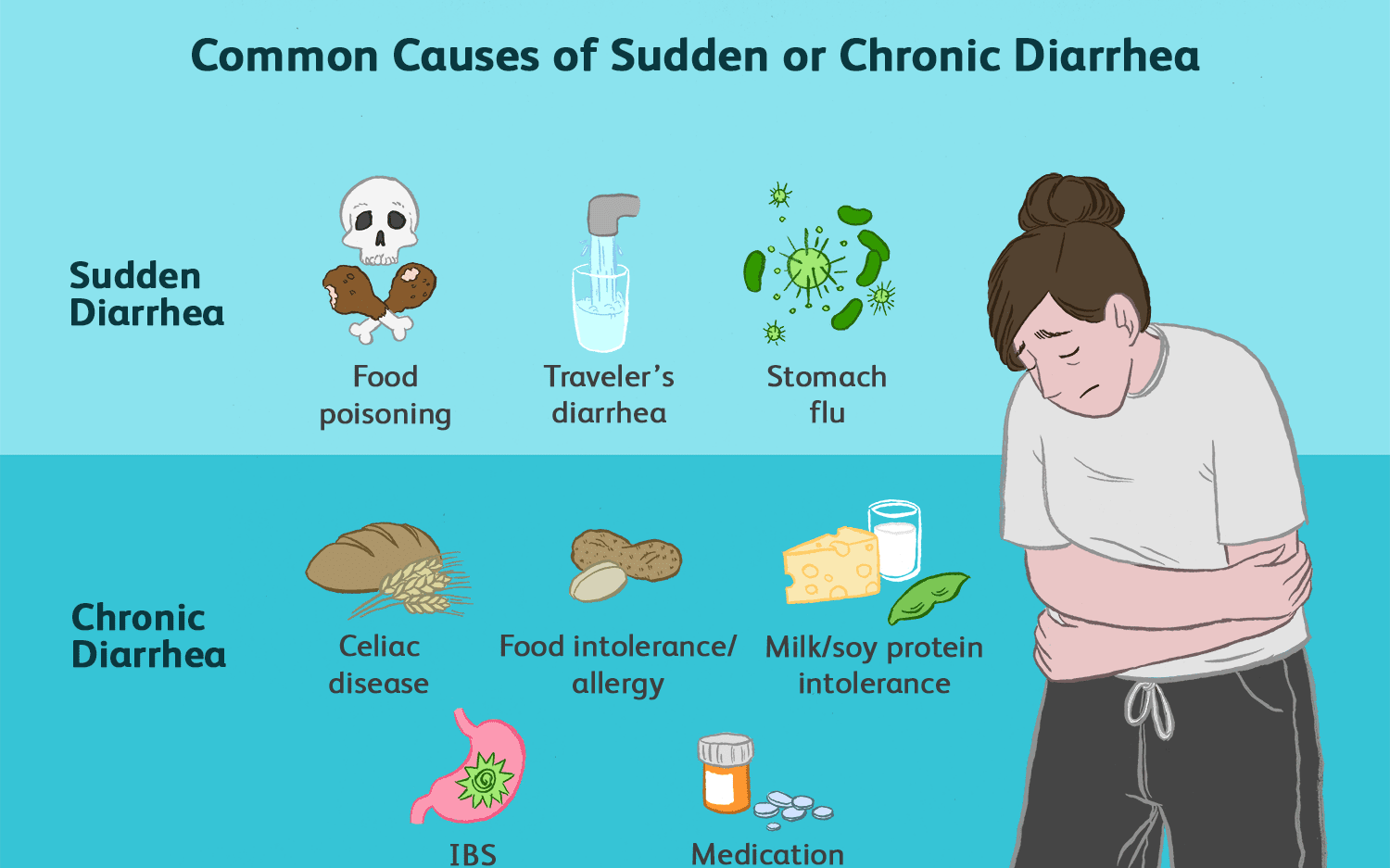
Comprehensive Guide to Diarrhea Treatment and Prevention
Diarrhea is a common condition characterized by loose, watery stools occurring more frequently than usual. It can result from various factors and can significantly impact one’s health and daily life. Dr. Ali Taj provides a detailed guide on understanding the causes, treatments, and preventive measures for diarrhea to help manage and alleviate symptoms effectively.
Understanding Diarrhea and Its Causes
Diarrhea can be acute or chronic, with numerous potential causes including infections, dietary factors, irritable bowel syndrome (IBS), and medication side effects. Identifying the underlying cause is crucial for effective treatment. Common causes include:
- Infections: Viral, bacterial, or parasitic infections can lead to diarrhea.
- Food intolerances and allergies: Such as lactose intolerance.
- Medications: Certain medications like antibiotics can cause loose stools.
- Chronic digestive conditions: Such as IBS or inflammatory bowel disease.
Effective Diarrhea Treatments
The appropriate diarrhea treatment depends on the underlying cause. However, general measures include:
- Hydration: Replenishing lost fluids is crucial. Oral rehydration solutions are particularly effective.
- Dietary adjustments: Eating bland, easy-to-digest foods like toast, rice, and bananas can help.
- Medications: Over-the-counter antidiarrheal medications can provide relief. However, they are not suitable for all types of diarrhea, especially if caused by certain infections.
For more specific conditions:
- Antibiotics: Necessary if diarrhea is caused by a bacterial infection.
- Probiotics: Can help restore gut flora balance.
- IBS-D treatment: Includes dietary changes, stress management, and prescribed medications.
Home Remedies and Lifestyle Changes
Simple home remedies and lifestyle adjustments can significantly impact managing diarrhea:
- Stay hydrated: Drink plenty of water and consider oral rehydration solutions.
- Avoid irritants: Cut back on caffeine, alcohol, and spicy foods.
- Eat soluble fiber: Helps to solidify stools.
When to Seek Medical Attention
Consult a healthcare provider if experiencing severe symptoms, such as persistent diarrhea, signs of dehydration, bloody or black stools, or high fever.
Preventing Diarrhea
Preventive measures can reduce the risk of developing diarrhea:
- Good hygiene: Regular handwashing, especially before eating and after using the bathroom.
- Safe food practices: Properly cook and store foods to avoid contamination.
- Street food caution: Be cautious when consuming street food, especially in areas with poor sanitation.
- Travel precautions: Be mindful of food and water sources when traveling, especially in areas with high risk of traveler’s diarrhea.
Conclusion
Diarrhea is a manageable condition with the right approach and treatment. Dr. Ali Taj emphasizes the importance of understanding the causes, seeking appropriate treatment, and taking preventive measures to maintain gastrointestinal health. If you’re dealing with persistent or severe diarrhea, it’s essential to consult a healthcare professional to address the underlying issue and find the best treatment strategy.
